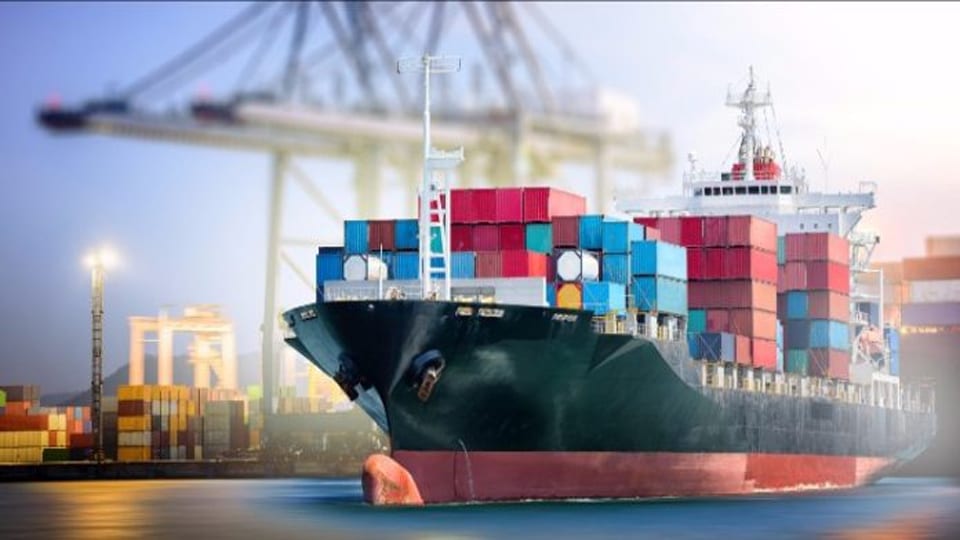
As Italy prepares to be the first G7 country to sign a Belt and Road initiative MOU with China, a port analyst has questioned whether Chinese investment will distort the ports market.
The MOU has sparked unease from the US, currently engaged in a heated trade war with the country, and Europe, about the potential growth in China’s business influence. Considering the implications for port specifically, Drewry’s Neil Davidson said that investment in transport infrastructure would improve the competitiveness of the Italian ports concerned but this would depend on which ports are involved and how coordinated the overall approach.
“Much will depend on whether Chinese investment is made at one or several Italian ports, and the extent to which it is part of an overall coordinated approach. There is talk of Genoa, Trieste and Palermo being involved for example,” said Mr Davidson. He noted that infrastructure investment may cut across EU transport policy and funding, creating added tension.
The potential infrastructure investment “raises the question of what impact this may have on inter-port competition – Genoa competes with La Spezia and Savona/Vado, for example, and Genoa and Savona/Vado now fall under the Western Ligurian Sea Port Authority.”
Trieste deal
During President Xi Jinping’s visit to France, Italy and Monaco from 21-26 March, the Port of Trieste plans to enter its own agreement with China Communications Construction Company (CCCC), in a bid to increase its international competitiveness.
Further highlighting the complexity of current arrangements, Mr Davidson stated: “Trieste is competing with Ravenna and Venice but also Rijeka (Croatia) and Koper (Slovenia), both of which are EU member countries. All five ports are part of the North Adriatic Ports Association.”
China’s interest in Europe’s ports is already well documented. COSCO runs the Port of Piraeus in Greece and chinese shipping companies hold stakes in at least 12 EU ports. The Belt and Road initiative may see this influence rise, as it involves China building infrastructure across the world, to boost trade and investment links.
However, Mr Davidson stressed: “It is important not to assume that Italian ports could experience stellar volume growth similar to that of Piraeus as a result of Chinese involvement.
“This could only happen if shipping line Cosco chose (and was able) to develop them as a transhipment hub in the same way as it did at Piraeus. It is unlikely that the Piraeus experience could be duplicated. Cosco most likely has sufficient transhipment hubs in the Med, especially when its alliance partner CMA CGM also already has its own hubs as well.”
Europe has taken steps to preserve its own business stronghold. In 2018, the rival EU-Asia Connectivity Strategy was launched to enhance ties between Europe and Asia in the energy, transport and digital sectors, in a move which aims to not burden countries with debts they cannot replay.




